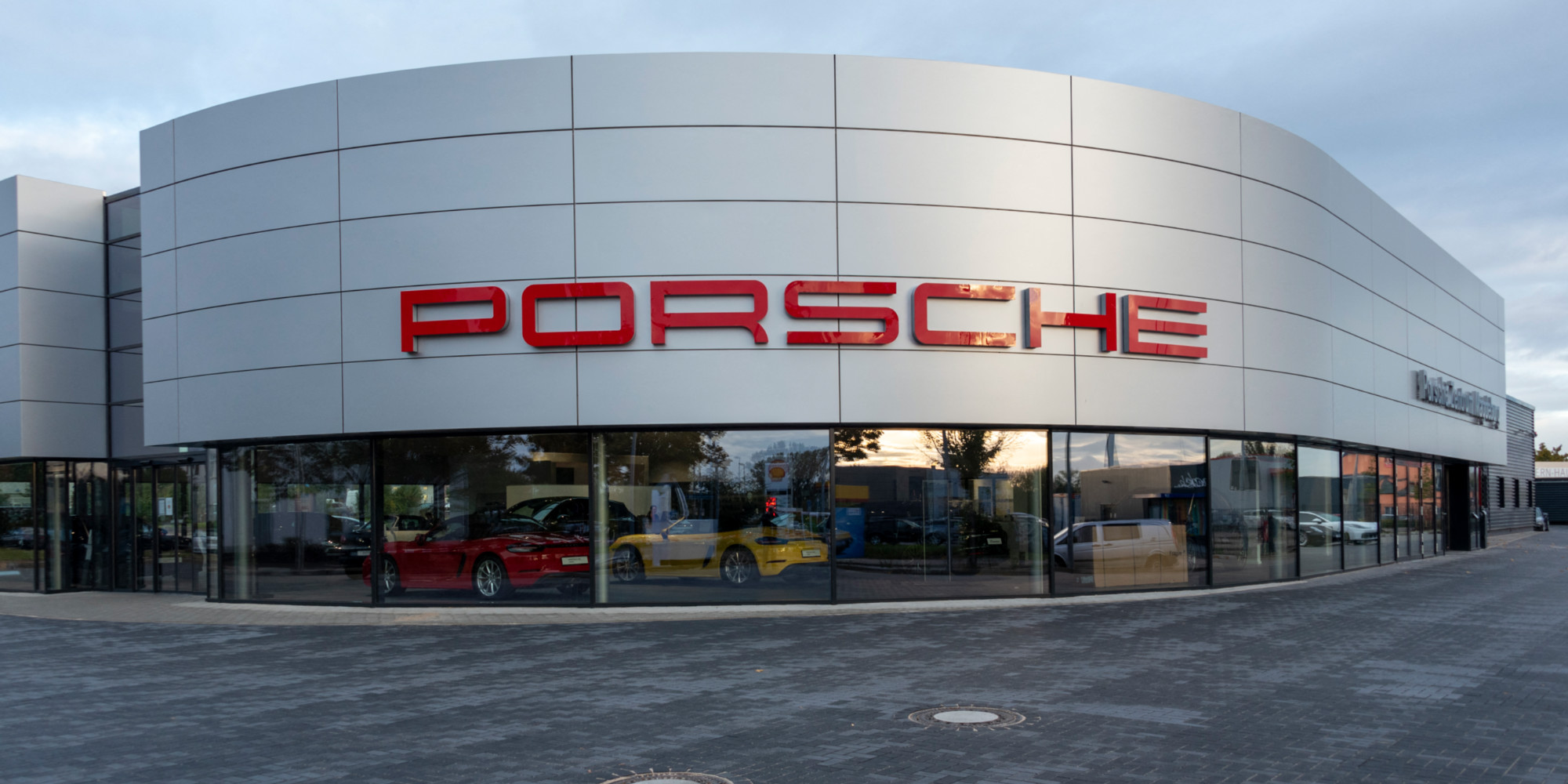Europe 1 with AFP 2:05 p.m., March 13, 2023
The Volkswagen boss reaffirmed the ambitions of the Porsche subsidiary in the development of synthetic fuels, welcoming the German government's refusal to ratify the end of new cars with thermal engines in 2035 in the EU.
“We believe e-fuels can play a useful complementary role,” said Oliver Blume,
The boss of Volkswagen reaffirmed on Monday the ambitions of its luxury subsidiary Porsche in the development of synthetic fuels, welcoming the refusal of the German government to ratify the end of new cars with thermal engines in 2035 in the EU.
"We believe that e-fuels can play a useful complementary role for the large number of existing cars and niche segments", such as the very top of the range, said Oliver Blume, during the presentation of the annual results of Porsche, listed on the stock market at the end of September 2022.
Synthetic fuel technology
Blocking last week a vote of the 27 member states of the EU, supposed to be a formality, to ratify the ban on the sale of new cars with internal combustion engines in 2035, Germany demanded a European proposal paving the way for vehicles running on synthetic fuels, including after 2035.
>> READ ALSO
- End of heat engines in 2035: after the German veto, what consequences for the automotive industry?
Synthetic fuel technology, currently under development, consists of producing fuel from CO2 produced in particular by industrial activities using low-carbon electricity.
It is defended in particular by high-end German manufacturers, with a view to extending the use of traditional engines.
"We clearly appreciate the fact that the German government is now taking the appropriate measures," commented Mr. Blume, about the reversal of Berlin, much criticized by several European partners.
Porsche has commissioned a pilot plant to produce synthetic gasoline
Arrived at the head of the Volkswagen group in September, Oliver Blume has kept his cap as boss of Porsche, which celebrates its 75th anniversary this year.
While car manufacturers, including Volkswagen, have largely embraced the electric shift to gradually turn the page on the combustion engine, the group's racing car subsidiary is banking on synthetic fuels, in particular for its legendary 911 model.
With partners including Siemens Energy, Porsche commissioned a pilot plant in Chile last December producing synthetic gasoline made by combining green hydrogen with carbon dioxide captured from the atmosphere.
These fuels are contested by environmental NGOs who consider them expensive, high electricity consumers for their production, and polluting, because they do not eliminate nitrogen oxide (NOx) emissions.
The blockade in Berlin is also linked to domestic political questions, according to observers, the liberal party FDP, coalition partner of Olaf Scholz, hoping to assert itself against environmentalists, also in the government, by posing as a defender of the sector automobile, pillar of the national economy.

